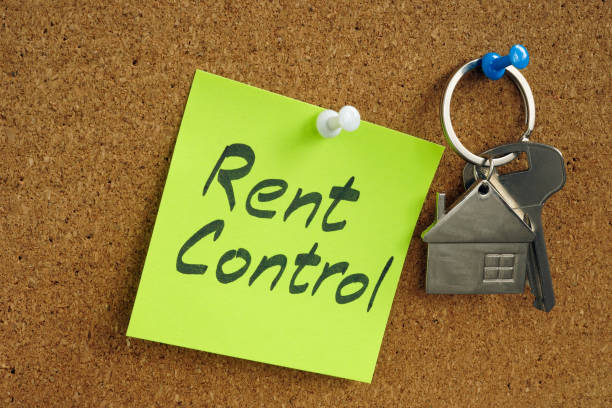Uncategorized
Following Health and Safety Regulations to Maintain a Standard Short-Term Rental
Short-term rental platforms like Airbnb and VRBO present property managers with new challenges when it comes to adhering to health and safety codes for guests’ well-being and making sure properties remain attractive to travelers. Understanding and applying standards as a host or property manager is paramount not only for guest safety purposes but also for…
Read MoreHow Short-term Rental Law Affects Rent Control
Rent control laws significantly impact short-term rentals, limiting landlords’ rent charges to protect tenants from rising rents and maintain affordability. This complicates the rental market for owners renting properties through platforms like Airbnb or VRBO. The impacts of rent control vary based on local housing policies, authorities’ interpretation, and regulations. Understanding these factors helps landlords…
Read MoreInsurance Considerations Homeowners Should Know Before Renting on Airbnb and Related Sites
Homeowners using platforms like Airbnb, VRBO, or HomeAway may rent their property out, but this comes with new liabilities and risks. Properly addressing insurance implications is crucial to protect both finances and property. Navigating complex insurance policies may not provide enough protection against short-term rental activities. Short-term rentals of property often lack insurance coverage, as…
Read MoreLicense Requirements in Different Cities for Short-term Rentals
Cities worldwide have implemented licensing requirements to regulate short-term rentals to address housing affordability, neighborhood disruption, and public security concerns. Property managers and owners must be familiar with local licensing regulations to operate legally in this market, as requirements can vary based on local priorities and challenges. Hosts should remain informed and compliant at all…
Read MoreOffering Accessible Short-Term Rental Accommodations
Property managers on platforms like Airbnb and VRBO must acknowledge their legal obligations under disability rights statutes, including the Americans with Disabilities Act, to ensure equal access and opportunities for short-term accommodations, a responsibility that goes beyond ethical considerations. The Americans with Disability Act (ADA) regulates public accommodations like hotels and motels, while private residences…
Read MoreUsing Lease Addendums for Shifting Market Conditions
Lease addendums are crucial for landlords and managers as they allow them to quickly adapt to changing market conditions or tenant demands without creating a new agreement. They are flexible and easy to implement, as they require tenants to sign off on them, safeguarding both parties’ interests and making them an effective property management tool.…
Read MoreShort-Term Rentals and Pet Policies: Balancing Liability and Guest Comfort
Pet policies for short-term rentals should balance liability and guest satisfaction. Property managers and owners should create policies that minimize risks while ensuring pet-owning travelers have an enjoyable stay. A thoughtfully designed policy can reduce liability risks and broaden its appeal among short-term rental guests, leading to success. Pet policies are crucial for property managers…
Read MoreSustainability and Environmental Concerns in Short-term Rentals
Short-term rentals are gaining popularity, leading property managers and owners to prioritize eco-friendly practices. These practices align with consumer demand for eco-friendly accommodation and contribute to long-term viability and environmental preservation. Successful implementation of sustainable strategies requires reducing environmental impacts, conserving resources, and encouraging eco-friendly behaviors among guests. Energy efficiency is crucial for sustainability in…
Read MoreWhat Clauses Should Be Included in Lease Renegotiations in Volatile Markets
Renegotiating lease agreements in volatile markets requires taking careful note of key clauses to address current and future uncertainties. Property managers and landlords alike need to ensure that lease agreements remain fair and flexible as market conditions evolve. Specific clauses can help reduce risks, safeguard interests, and give both parties more flexibility during negotiations. Rent…
Read MoreHow to Transition From Owner To Retired Landlord
Transitioning from homeowner to retiree landlord is financially rewarding and fulfilling, offering financial security, purpose, and increased real estate asset values. However, a successful transition requires careful planning, knowledge of rental markets, and acceptance of additional responsibilities. This guide aims to assist in this smooth transition. 1. Assess Your Property’s Rental Potential To become a…
Read More









